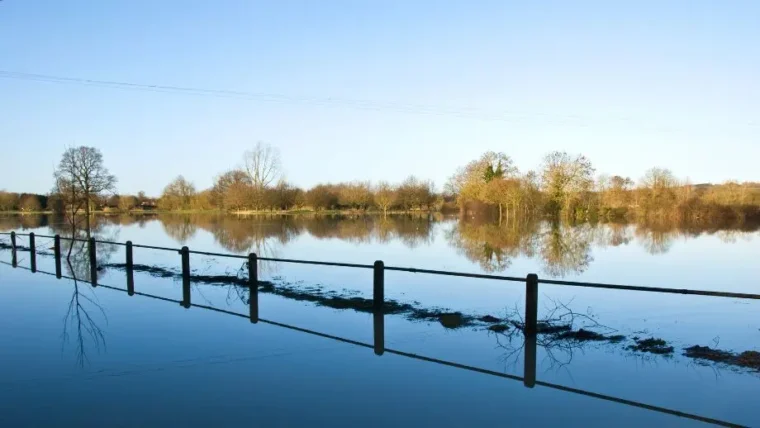Waste Reduction: Disposable living and the throw-away society
19 September 2018
We now live in a world where society is strongly influenced by consumerism. Excessive production of disposable items has taken over from durable, long-lasting goods and as a result, the planet and its resources are suffering.
In last week’s blog, we looked at how organisations can make simple changes to reduce waste in the workplace. To complement this, we are going to look at how to combat waste in day-to-day life.
Throw-away society
Based on convenience and a growing economy, modern-day society is built on the notion of buying cheap and disposing of when something stops working – even if it is fixable. Through living in such a way, we are filling our environment with rubbish, mostly with non-degradable items such as plastic. This type of living is taking a huge toll on the environment and the world’s resources. We are running out of landfill space and the cheap oil required to make these ‘throw-away’ products. It is unsustainable, and it is damaging.
As we increasingly recognise the impacts that this type of lifestyle is causing, changes must be made. It is important that we move towards a more circular economy model, one which encourages repair, reuse and collaborative ventures (borrowing items that you may only need to use once).
Making changes at home
It is important that we identify changes that we can make to our daily routines that will contribute towards reduced waste. Below we outline some simple ways to help you get started.
- Reuse/recycle as much as possible
- Make a meal plan – only buy food that you are going to eat
- Start composting
- Repair items where possible
- Stop buying plastic water bottles
- Take non-plastic, reusable bags to the shops
- Learn the rules of recycling
- Consider collaborating/borrowing products that you only need once or twice
- Switch to paperless billing
- Swap your toothbrush to a bamboo one
- Carry a reusable travel mug
- Buy funny looking/wonky vegetables
- Join buy/sell groups in your local area
- Upcycle items rather than buying new
- Take your lunch to work or school in a lunchbox
Taking these steps will help you to reduce your waste, helping lessen the impact to the environment and also will help you to save money.
Can you think of some other steps to help you minimise waste at home?









